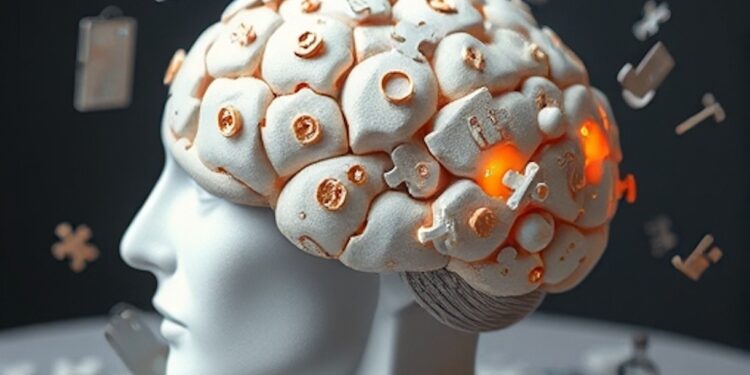As the New Year starts, many of us find ourselves reflecting on the past year with a variety of thoughts. The new year can be a start of new hope and opportunities to create a better version of yourself. If you want to start this year with a fresh perspective, embrace minimalism to declutter your life and mind.
What is Minimalism? At its core, minimalism is about stripping away the excess to focus on what truly matters to you. Minimalism isn’t just about having fewer things; it’s a way of life to live that can help you declutter your mind, paving the way for clarity and peace.
By decluttering physical items and mental distractions, you can create a peaceful environment that fosters creativity with less stress and leads to a better life.
Below are a few ways to declutter your mind and start the year with a minimalist mindset.
1. Declutter Your Physical Space
Our surroundings and belongings directly impact our mental peace and clarity of focus. A cluttered space can create a cluttered mind, which can distract you from focusing on your actual plan. To clear physical space, start small; clear your drawer, shelf where you put important documents or corner of your room. Items that you haven’t used in the past year, it’s time to let it go. For every new item you bring into your home, replace an old one. To remove old items, you can donate them or try to sell them. Set new items that align with your goal; this can help keep you focused throughout the process.
2. Clear Your Digital Clutter
Don’t forget about digital clutter. It is the modern-day equivalent of a messy closet. You need to focus on the plan for 2025 and accordingly set your files, email notifications, and applications. Unsubscribe from unwanted emails, and delete apps, files, and photos that no longer serve you. A clutter-free digital space can enormously impact your mental clarity.
What you are watching impacts your mental well-being. Social media video content, like mindlessly scrolling through real, has been linked to increased envy and decreased life satisfaction. You need to set a screen time limit or schedule device-free hours to reduce distractions.
3. Simplify Your Schedule
Busy isn’t always better. Evaluate your commitments and prioritize your time. Embrace the power of saying no to commitments that don’t align with your priorities. Identify the activities that truly matter to you and focus on those. Allocate time for rest and hobbies, and protect those blocks from intrusions.
4. Practice Mental Decluttering
It is easy to remove unwanted things from your physical and digital space, but when it comes to decluttering your mind, it’s pretty hard to declutter a cluttered mind. Below are five things that can help you declutter your mind and get mental peace.
- Write down thoughts and emotions that have occupied your mind, and practically analyze them to process them effectively.
- Moderate your lifestyle, focus on your diet, get direct sunlight daily, and walk outside.
- Read books to declutter your mind.
- Mediate
- Gratitude
5. Set Short-term and long-term goals
We feel happy when we achieve something in life. A minimalist approach to the goal-setting process includes choosing fewer and more actual goals that truly matter to your life and mental peace. While setting a goal, be specific; define clear, actionable steps to achieve your goals. Concentrate on limited goals instead of destruction. Keep your focus on the big picture.
Also Read: The Loneliness Epidemic in Urban Areas: A Mental Health Perspective















